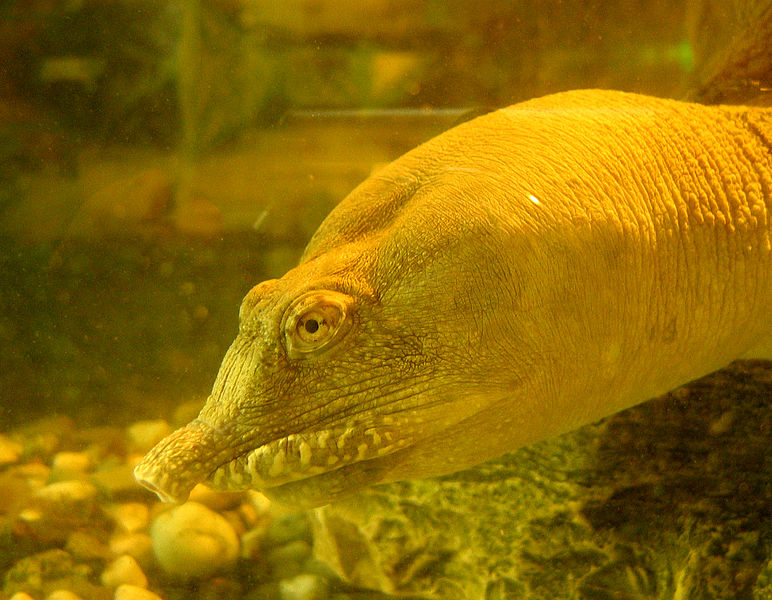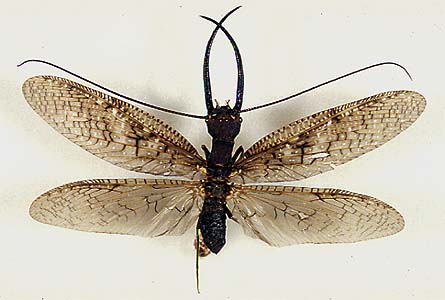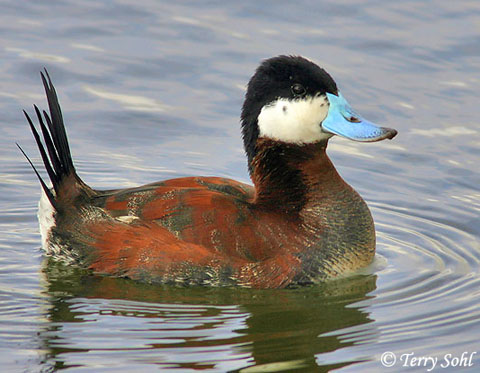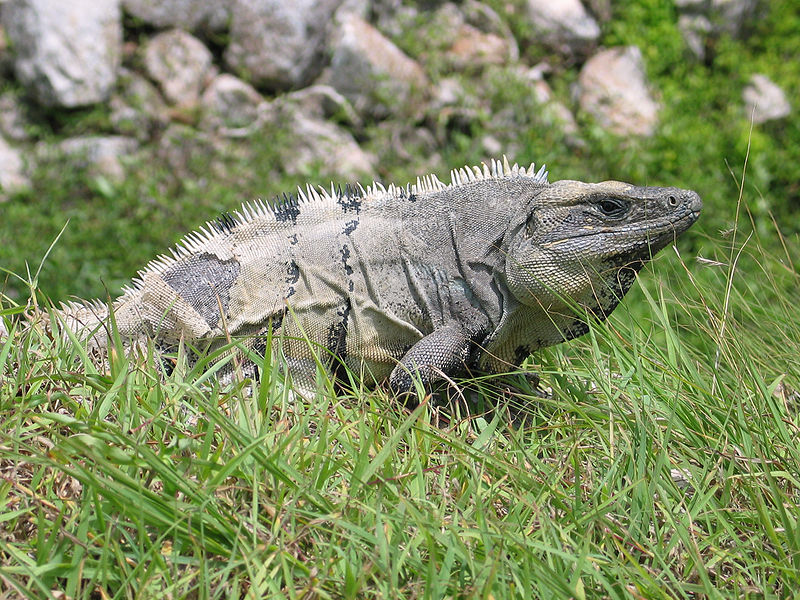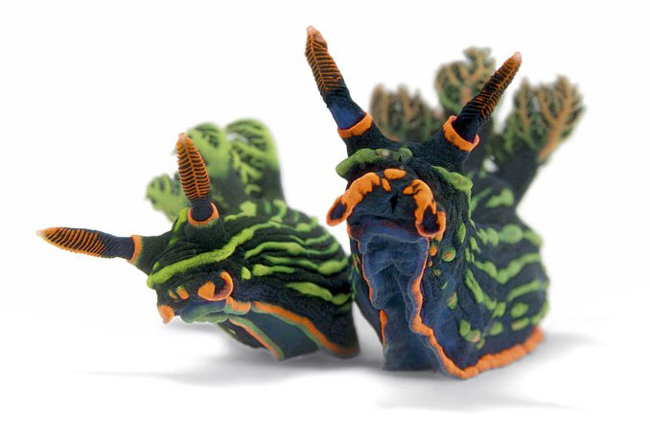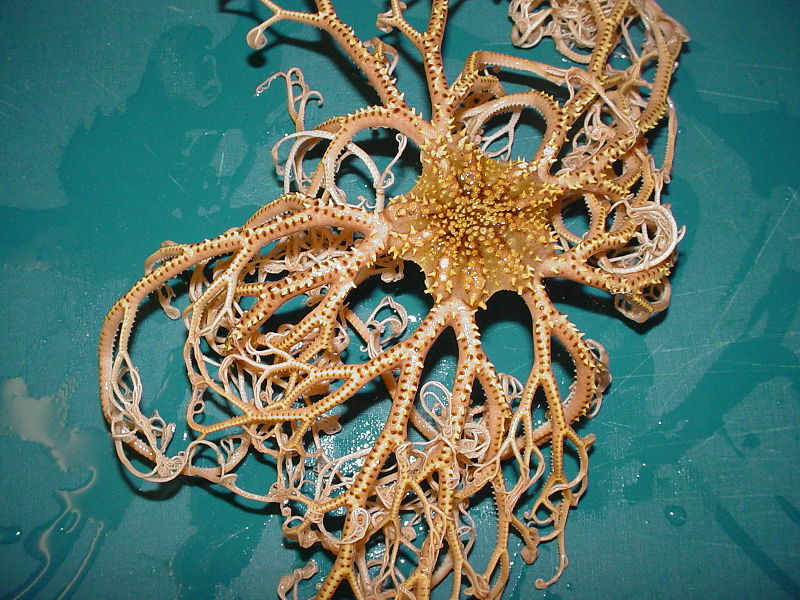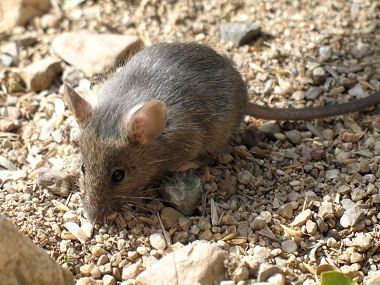
Did You Know?
- The Cactus Mouse is found throughout dry regions of Southern United States and Mexico
- This little rodent has adapted to living in desert conditions
- One of the desert adaptations is a need for less water compared to other non-desert mice
The Slow Metabolism Trick
Let’s start with the most intriguing aspect of the Cactus Mouse…their desert adaptations! The first main adaptation is a lowered metabolism rate, which basically means they require less food and water to operate at a functional level. While this characteristic may help them live in a harsh climate it does had a rather steep cost. As a result of having a lower metabolism, the female is not able to produce milk very quickly, which limits the number of offspring she is able to have to 3. Now I know some of you may be thinking that having three children is plenty but for a rodent this is a very small number and could potentially have an impact on the population numbers (currently the population levels for the Cactus Mouse are stable in their range).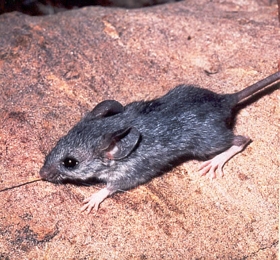
A Cactus Nap
The second adaptation the Cactus Mouse has developed is the ability to enter torpor if they can’t find a sufficient supply of food and water. Basically, if they can’t find enough food or water to continue living a normal, productive life they will simply take 12 hours and begin the process of going into torpor (think of a hibernation type of state). This unique adaptation essentially allows the Cactus Mouse to sleep through periods of scarcity. How cool would it be to just sleep through any economic downtimes waking up only when the economy starts picking up again?
Hungry as a Mouse
If you are a Cactus Mouse and you would like to avoid going for a nice long nap then you had better be on the lookout for scrumptious snacks such as insects, fruit, leaves, seeds, nuts, grain and anything else they can find. Yes, this little mouse is an opportunistic feeder, which is kind of important when you live in a desert. While on the lookout for food, these mice need to keep a close eye on their surroundings since a number of predators such as owls, snakes, foxes and other hungry carnivores will be hunting for a nice meal. On second though, with all of those dangers out there maybe it is best just to go for a nice, long nap.

